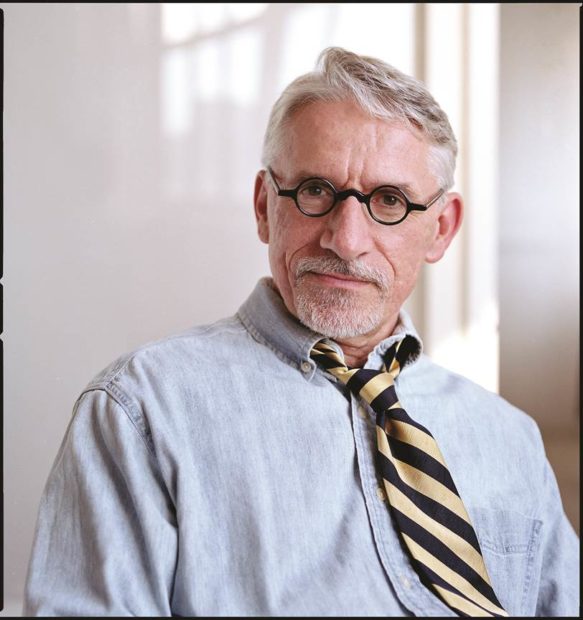Book Banning, Censorship, and the Need to Read
In spite of First Amendment guarantees in the U.S. Constitution, attacks on books, writers, and free expression have been a feature of life in America throughout the nation’s history. From the burning of abolitionist pamphlets in the 1830s to the McCarthyism of the 1950s, efforts to suppress books and ideas considered a threat have been pervasive. Censorship is as American as apple pie and lynching. But in America today, book bans and censorship have reached a new, fevered peak. Schools and libraries across the country are facing increased pressure from groups that object to a wide range of books—many of which are written by people of color and deal with issues of racism, gender, and sexuality. This attack on free expression and the freedom to read goes hand in hand with an assault on how history is being taught, all part of a “War of Ideas” in America today.
What is going on? What do the censors fear? What can we do about it? Who said, “Where they burn books, they will, in the end, burn human beings too.”
About the Presenter
Historian Kenneth C. Davis is the author of the bestseller Don’t Know Much About History, which gave rise to his Don’t Know Much About series of books and audios. He wrote about threats to democracy in Strongman: The Rise of Five Dictators and the Fall of Democracy. His most recent book is Great Short Books: A Year of Reading-Briefly, an exploration of 58 short novels and their authors —many of whom have been banned or suppressed.


